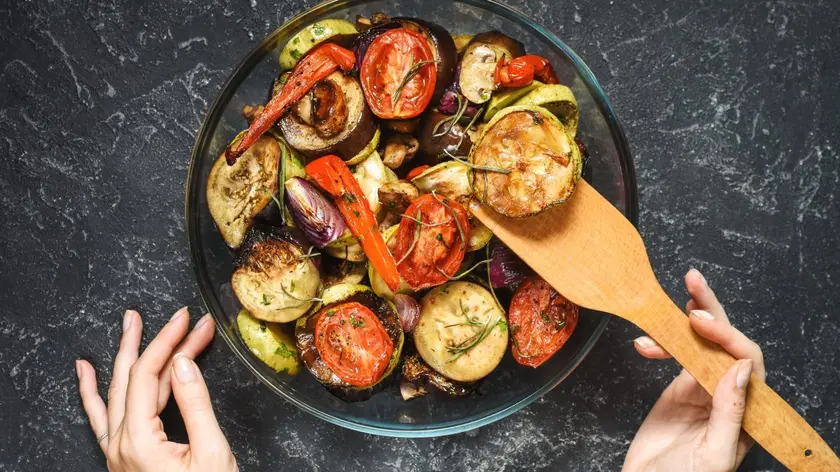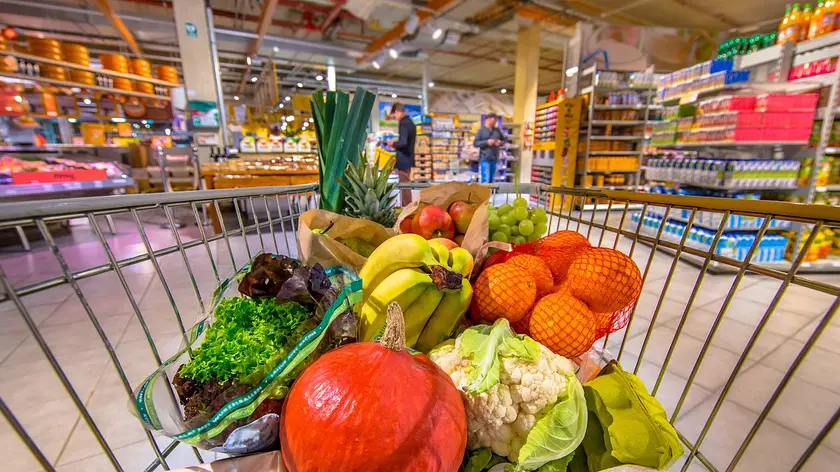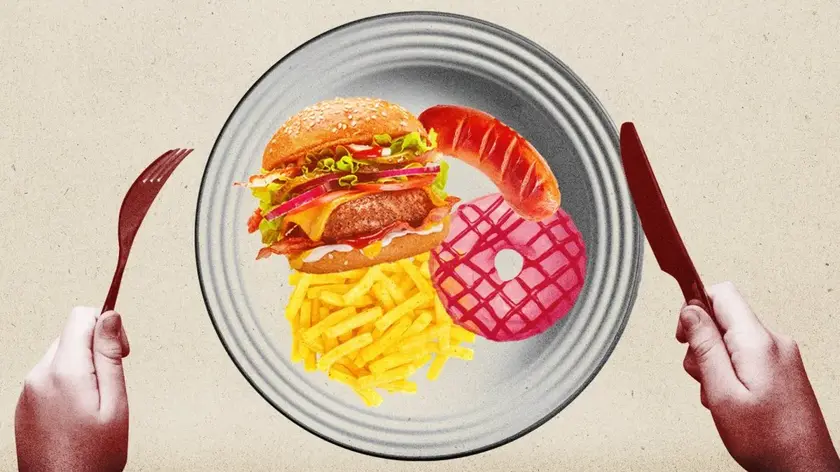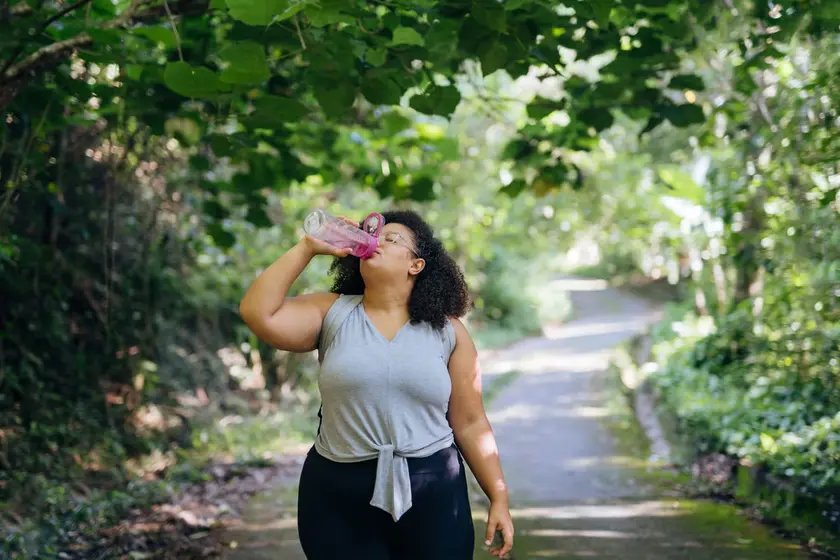T4K3.news
Cancer risk drops with vegetarian diets
US study links vegetarian and vegan eating to lower cancer risk.

A US study links meat-free eating to lower cancer risk and offers practical tips for a balanced transition.
Vegetarian Diets Cut Cancer Risk While Keeping Meals Tasty
A US study found vegetarians have about a 12% lower cancer risk than meat eaters, while vegans see a reduction of around 25%. The findings vary by cancer type, with stomach cancer risk reduced by up to 45% and lymphomas by about 25%.
Experts note that shifting to a meat-free pattern should be gradual to avoid digestive issues. Key nutrients to monitor include iron, vitamin B12 and vitamin D, with recommendations to pair iron-rich foods with vitamin C and to consider supplements for some groups. The article also encourages a focus on whole foods and offers practical meal ideas to keep meals varied and satisfying.
Key Takeaways
"Protein sources include beans, lentils and soy products."
Lambert on plant protein options for a balanced diet
"Combine iron-rich foods with vitamin C to boost iron uptake."
Iron absorption tips in plant-based diets
"Phytoestrogens in soy are largely a myth."
Lambert addressing concerns about soy
"Think vibrant vegetarian curries and dals."
Recipe ideas to make plant-based meals appealing
The piece fits a broader health trend that plant-forward eating can lower disease risk, but it risks oversimplifying how easily people can switch and maintain a balanced diet. It highlights reductions in processed meat and offers actionable tips, yet relies on general guidance that may not apply equally to all households or cultures.
For readers, the takeaway is a nudge to rethink everyday meals rather than a rigid plan. The potential downside is misinterpretation or overemphasis on single nutrients, which could overshadow the need for personalized nutrition and economic considerations in food choices.
Highlights
- Plant-based plates can protect health without dulling flavor
- Protein from beans and lentils proves you can eat well and stay strong
- Moderation, not perfection, guides a healthy transition
- Ultra-processed veggie foods won't save the planet or your health
Health guidance on diet may trigger public debate
The article promotes meatless shifts as cancer prevention and includes specific dietary tips. This can invite critique about generalizability, nutrient adequacy, and the risk of misinterpretation when people rapidly change diets.
Diet choices will continue to shape personal health and the food landscape.
Enjoyed this? Let your friends know!
Related News

Vegan Diet Linked to Lower Cancer Risk

Dietitian reveals one food to avoid for cancer risk

Increased junk food consumption raises lung cancer risk

UPFs linked to higher cancer and heart disease risk

Foundations first for lasting fitness

Young woman hospitalized due to severe constipation

Lower screening age set to reshape guidelines

Vegan Diet Health Debate Finds Nuance
